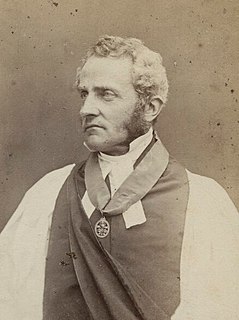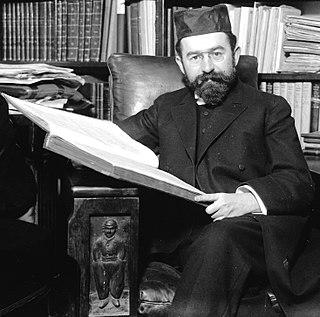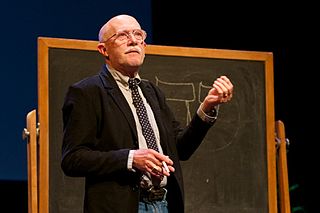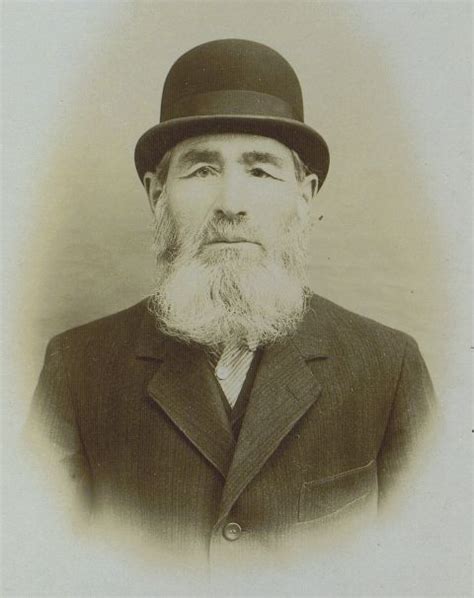A Quote by Robert Gordis
Those humble but indomitable workers, to whom later generations referred by the collective name of Baale Masorah, Masters of Tradition, performed in obscurity their Herculean task of guarding the Biblical Text against loss or variation.
Related Quotes
The main characteristic of collectivism is that it does not take notice of the individual's will and moral self-determination. In the light of its philosophy the individual is born into a collective and it is "natural" and proper for him to behave as members of this collective are expected to behave. Expected by whom? Of course, by those individuals to whom, by the mysterious decrees of some mysterious agency, the task of determining the collective will and directing the actions of the collective has been entrusted.
My approach is not a scientific approach. For that, we have greater minds than mine. My approach is: I am in the possession of a text, it has survived so many centuries, and it is my task, my pleasure, to try to decipher it and find all the things that have been said about these few words by generations and generations of commentators. That is what I'm doing. I don't innovate anything. I'm just repeating.
Archaeology in general is the recovery and study of the material culture of past civilizations. Biblical archaeology is as an application of the science of archaeology to the field of biblical studies. Through the comparison and integration of Scripture with the evidence of history and culture derived from archaeology, new insights into the biblical context of people and events, and sometimes the interpretation of the text itself, are possible. In this way archaeology serves as a necessary tool for biblical exegesis and for apologetic concerns.
It is the individual's task to differentiate himself from all the others and stand on his own feet. All collective identities . . . interfere with the fulfillment of this task. Such collective identities are crutches for the lame, shields for the timid, beds for the lazy, nurseries for the irresponsible. . . .
Biblical archaeology was developed early in this century in an effort to substantiate the authenticity of the Biblical account. It's by now generally recognized in Biblical scholarship that it has done the opposite. The Bible is not a historical text, and has only vague resemblances to what took place, as far as can be reconstructed. For example, whether Israel ever existed is not clear; if so, it was probably a small kingdom somewhere in the hills, apparently virtually unknown to the Egyptians.
Is there no reconciliation of some ancient quarrel, no payment of some long outstanding debt, no courtesy or love or honor to be rendered to those to whom it has long been due; no charitable, humble, kind, useful deed, by which you can promote the glory of God, or good-will among men, or peace upon earth? If there be any such, I beseech you, in God's name, in Christ's name, go and do it.



































